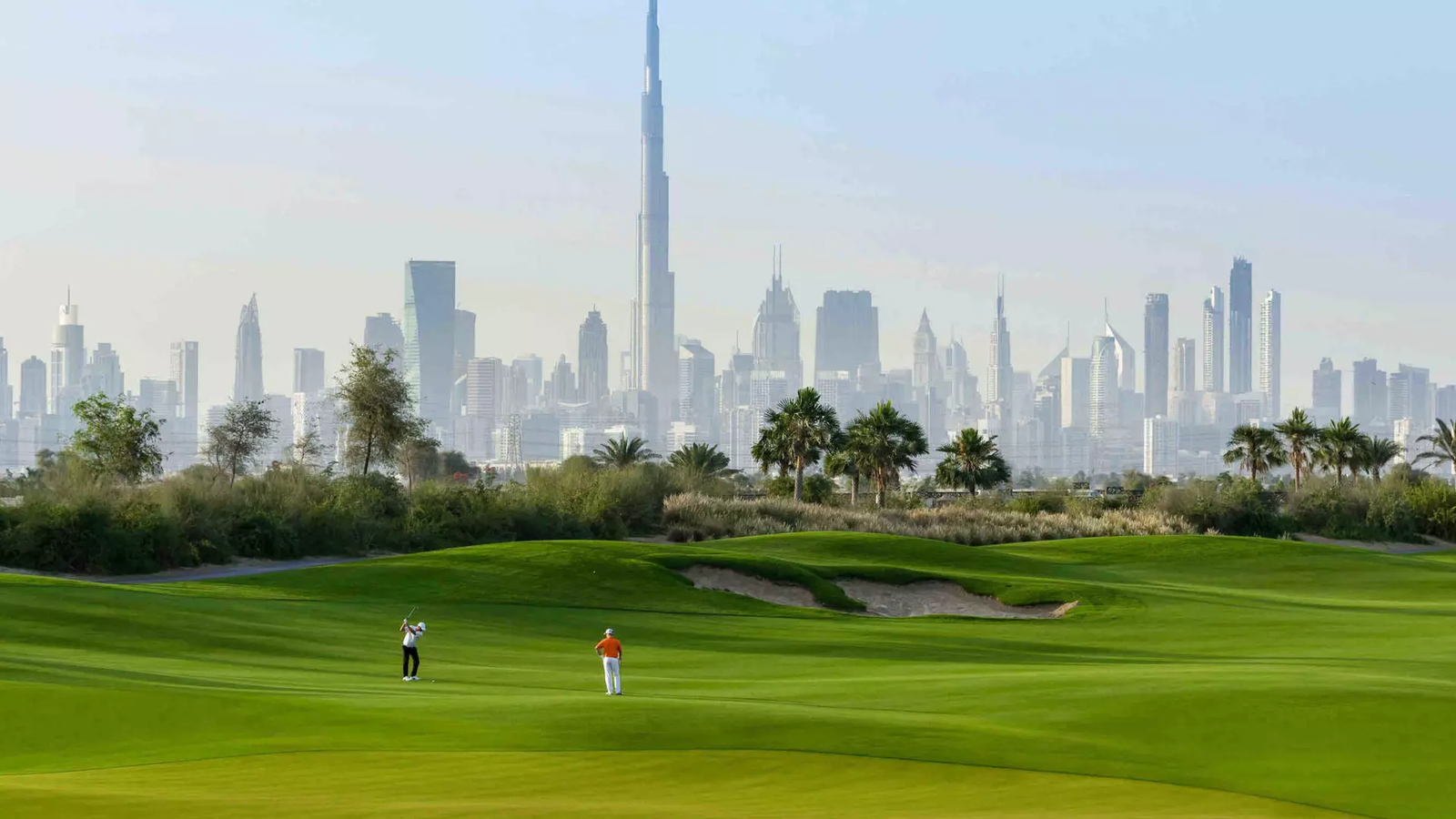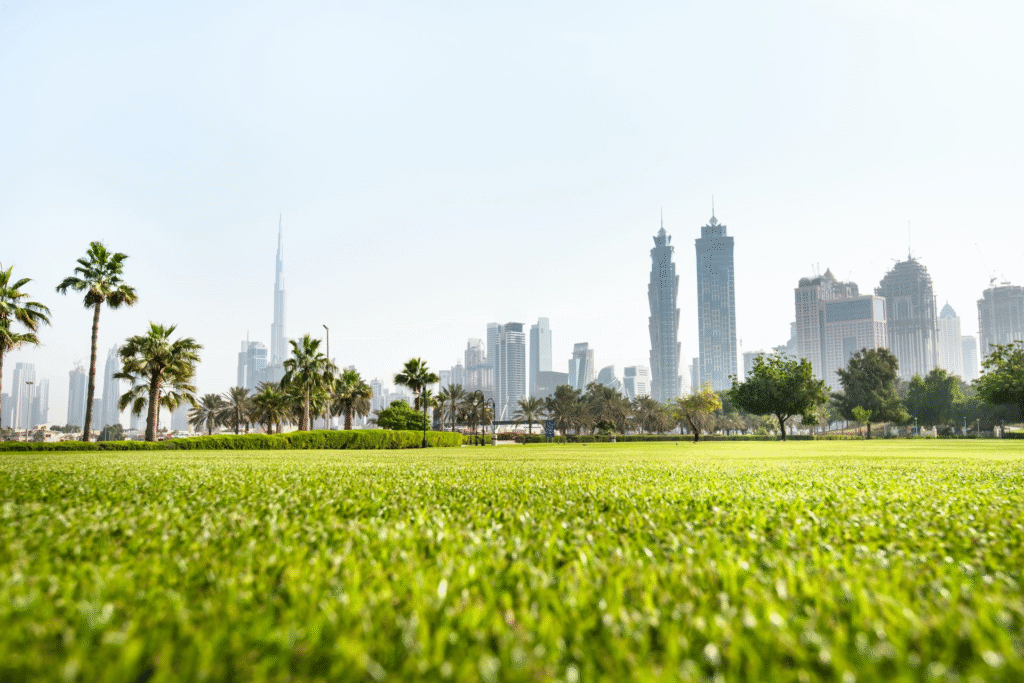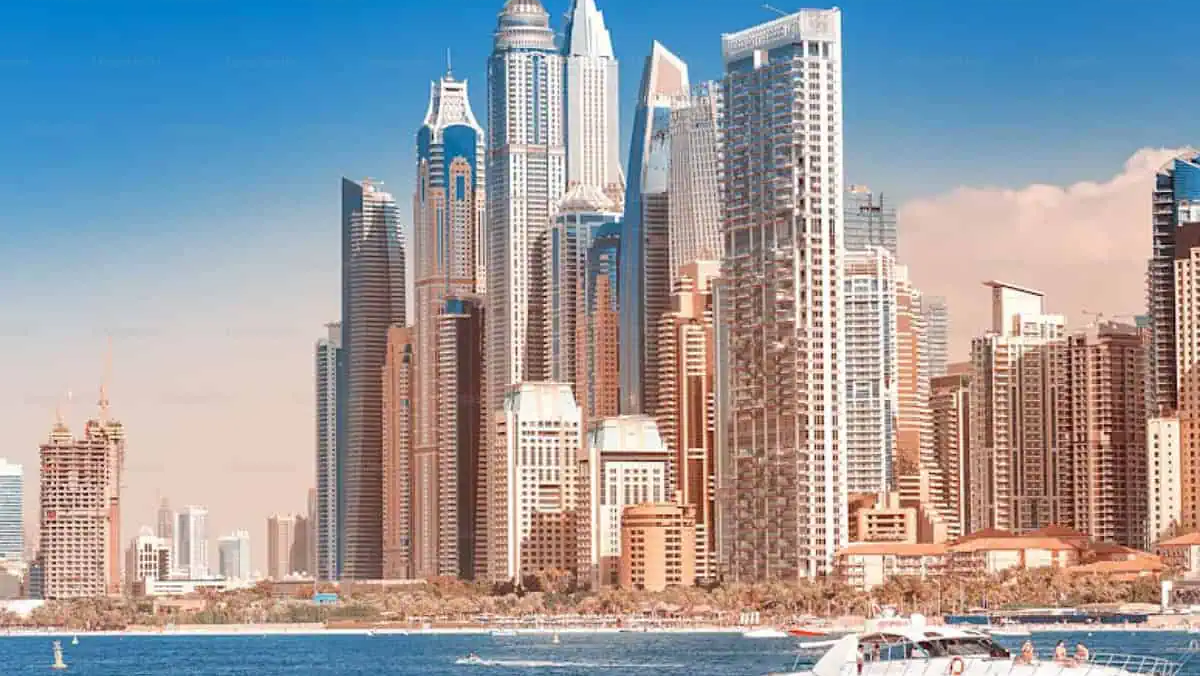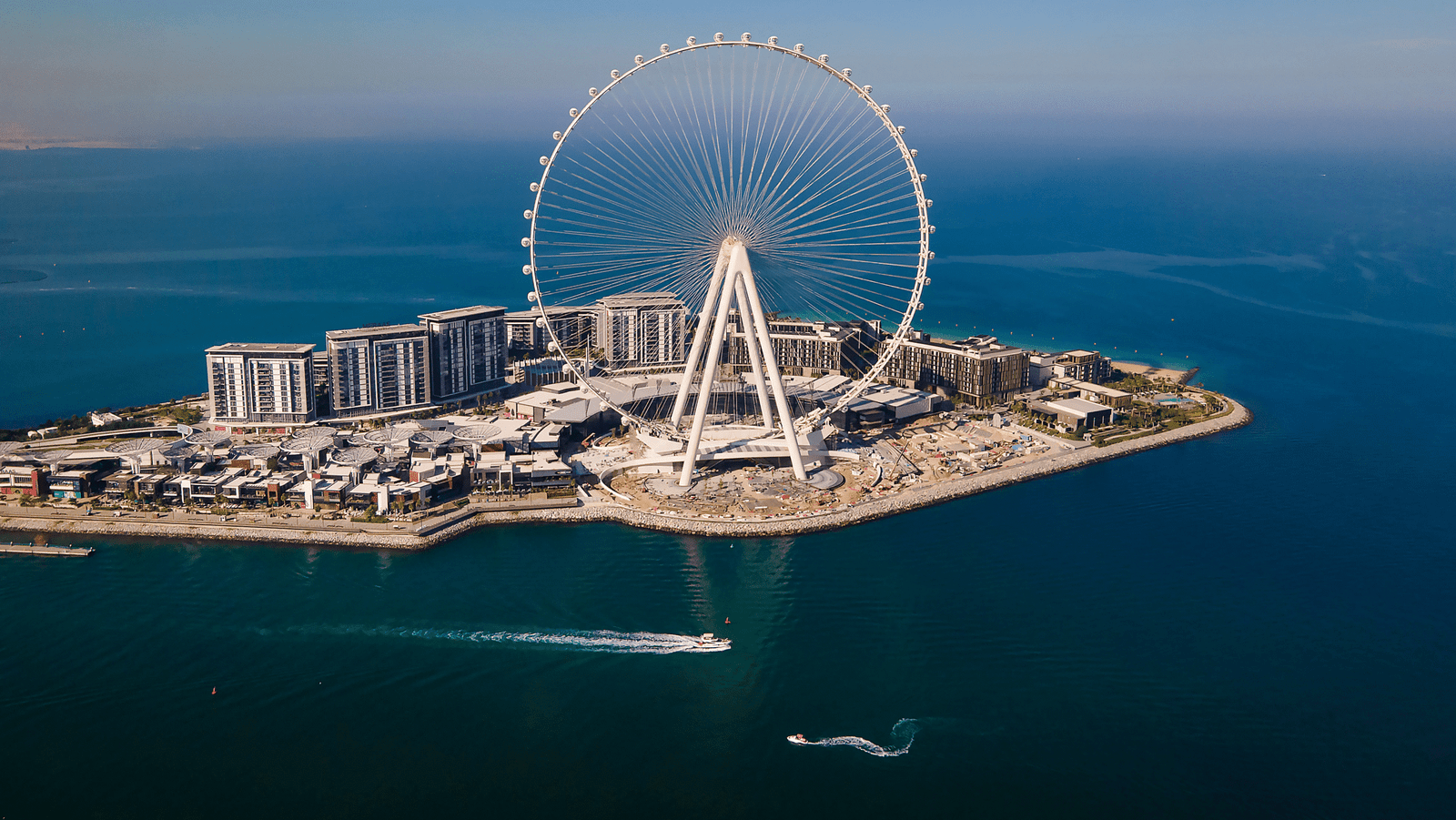Now Reading: Nature Discover How Dubai Is Creating Nature in the Desert 2025
-
01
Nature Discover How Dubai Is Creating Nature in the Desert 2025
Nature Discover How Dubai Is Creating Nature in the Desert 2025

Table of Contents
Dubai is often known for its futuristic skyline, luxury lifestyle, and man-made wonders like the Nature Burj Khalifa and Palm Jumeirah. But in recent years, a quieter, greener revolution has been taking place. While many still imagine Dubai as a city built in the heart of a desert, it is also becoming one of the world’s most surprising destinations for nature lovers.
From vast green parks and artificial forests to bird sanctuaries and marine conservation zones, Dubai is proving that nature and modernity can coexist even in the most challenging climates.
Let’s explore how this desert city is transforming into a natural haven.
A Vision for a Greener Future
Dubai’s leadership has made sustainability and environmental protection a top priority. Under the Dubai 2040 Urban Master Plan, the city aims to double its green and recreational spaces. The plan includes developing nature reserves, public beaches, and forested areas. The goal is to improve the quality of life for residents and create more eco-tourism opportunities.
This vision is supported by large-scale planting programs, the development of eco-friendly architecture, and investment in biodiversity protection. In short, Dubai wants to be as famous for its nature as it is for its skyscrapers.
Miracle Garden: A Floral Wonder in the Desert
One of the most stunning examples of Dubai’s love for nature is the Dubai Miracle Garden. Opened in 2013, this 72,000-square-meter garden is home to over 150 million flowers arranged in breathtaking designs—from heart-shaped arches to full-size airplanes made of flowers.
The garden defies expectations, offering a colorful escape in the middle of a dry landscape. It uses a sustainable irrigation system that recycles wastewater, showing that even luxury attractions can be eco-conscious.
Every year, the garden introduces new floral sculptures and themes, making it a fresh experience for visitors and residents alike.
Ras Al Khor Wildlife Sanctuary: A Hidden Gem

Tucked just 15 minutes away from downtown Dubai is the Ras Al Khor Wildlife Sanctuary. It might be hard to believe, but this protected area is home to thousands of birds, especially the iconic pink flamingos. The sanctuary covers over 6 square kilometers of wetland and is a vital stopover point for migratory birds.
It’s a favorite among photographers, nature lovers, and birdwatchers. The sanctuary also supports mangroves, salt flats, and lagoons, creating a rich and diverse ecosystem.
What makes Ras Al Khor even more special is that it’s free to visit and open to the public year-round. It’s a peaceful reminder of how nature can thrive, even within a busy urban environment.
Dubai Desert Conservation Reserve: Protecting the Sands
While green spaces are growing in Dubai, the desert itself is also being protected. The Dubai Desert Conservation Reserve (DDCR) covers 225 square kilometers and is home to native species such as Arabian oryx, gazelles, desert foxes, and many reptiles and birds.
Visitors can explore the reserve through guided eco-tours, camel treks, and wildlife safaris. Many of these tours are managed in partnership with luxury resorts like Al Maha, which promote sustainable tourism practices.
By preserving its desert environment, Dubai is not just protecting nature—it’s also offering a chance for people to connect with the original landscape of the region.
Green Spaces in the Heart of the City
Apart from large-scale conservation projects, Dubai is also integrating nature into everyday life. Urban parks such as Zabeel Park, Creek Park, and Mushrif Park offer green retreats for residents and tourists.
Dubai Hills Park, one of the newest additions, combines open lawns, running tracks, play areas, and picnic spots. The park is part of a larger initiative to make neighborhoods healthier and more livable.
Dubai also hosts The Green Planet, a tropical rainforest bio-dome that houses over 3,000 plants and animals. It’s an indoor educational center that teaches children and adults about ecosystems and conservation in an engaging way.
Marine Conservation and Blue Nature
Dubai’s nature efforts are not limited to land. The city is working to protect its coastal and marine environment too. Several initiatives are focused on coral reef restoration, turtle rehabilitation, and marine wildlife protection.
The Jebel Ali Marine Sanctuary is an example of these efforts. It supports endangered species like the Hawksbill turtle and provides a safe space for fish and coral to thrive. Artificial reefs have also been deployed in some areas to boost marine biodiversity.
Eco-dive tours, beach clean-up drives, and marine research programs are becoming increasingly popular, showing the city’s growing environmental awareness.
Sustainable Technology Meets Nature

What makes Dubai’s approach to nature truly unique is its blend of technology and sustainability. Smart irrigation systems, drone planting techniques, and solar-powered parks are just a few examples of how Dubai is using innovation to support the environment.
For example, the Dubai Municipality uses treated wastewater for landscaping and has launched campaigns to increase tree planting across the city. These steps not only help with cooling the urban environment but also reduce the carbon footprint.
Vertical gardens and green rooftops are also gaining popularity, especially in commercial and residential buildings.
Challenges and the Road Ahead
While the progress is impressive, Dubai still faces challenges. Water scarcity, extreme heat, and the high cost of maintaining green areas are constant concerns. However, the city is determined to continue investing in long-term solutions.
Public awareness, education, and responsible tourism are key to ensuring the success of these environmental efforts. Fortunately, more people in Dubai are now supporting eco-friendly practices, including recycling, water conservation, and sustainable travel.
Conclusion: A New Face of Dubai
Dubai is rewriting its identity. It is no longer just a desert city with luxury hotels and record-breaking towers. Today, it’s also a city of green parks, protected deserts, colorful gardens, and thriving marine life.
Its commitment to nature is more than just a marketing strategy it’s a genuine part of its future. Whether you’re a tourist looking to explore beyond the malls or a resident wanting a weekend escape into greenery, Dubai now offers a wide range of natural attractions to discover.
With smart planning, innovation, and a strong vision, Dubai is showing the world that even in the harshest environments, nature can flourish.
Read More:- Shobha Realty Launches Its Most Luxurious Project Yet—Full Details Inside 2025






















